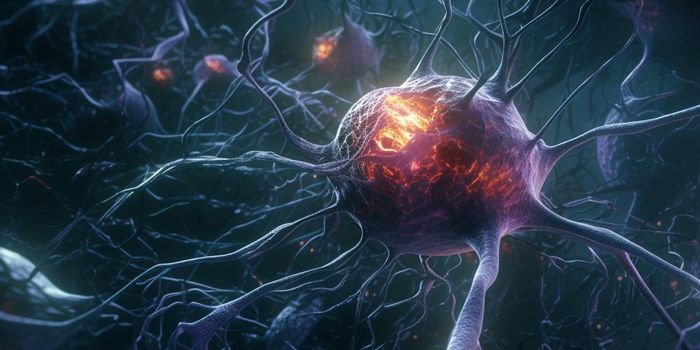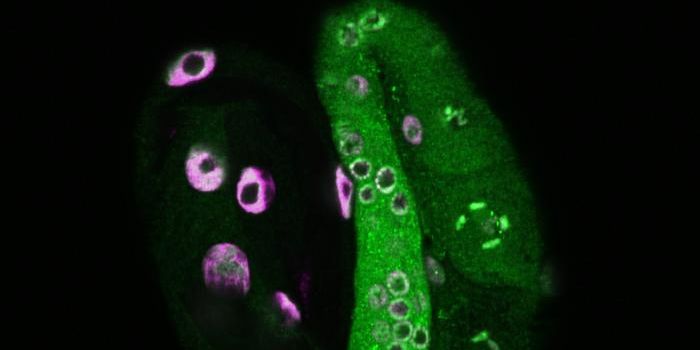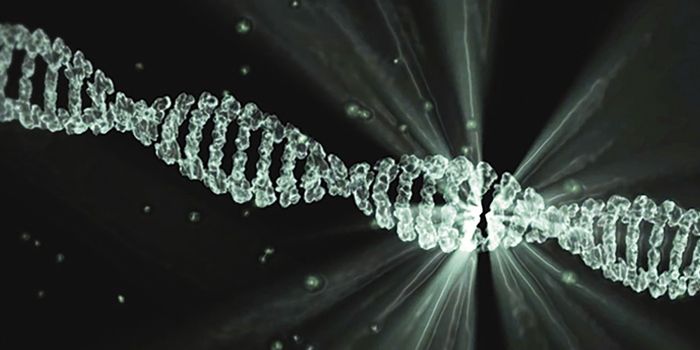Genetics may be to Blame for Some Insomnia
Insomnia is a widespread problem experienced by many people; it is estimated that 20 percent of Americans and 50 percent of military veterans suffer from problems with sleep. New research has indicated that several genes may have a role in the development of sleep disorders. The scientists have also shown that there is a genetic link connecting psychiatric disorders like depression, insomnia, and poor health conditions like type 2 diabetes.
Chronic insomnia can have a devastating impact on health; lack of sleep often has a domino effect. Long-term health problems can develop along with insomnia, including heart problems and mental illness. Many veterans know all to well that post-traumatic stress disorder (PTSD) and insomnia are also closely connected.
When studies are done that use twins, it can easily illustrate that genetics does or does not play a role in whatever is being assessed. Twin studies indicated that some traits related to sleep are indeed influenced by genetics, as was the case for insomnia. Researchers were led to look for the genes that were involved in sleep processes.
Murray Stein of the University of California San Diego emphasized that there are different kinds of insomnia, and many reasons why people can’t sleep. These studies will help tease out the differences. That work can, in turn, help patients. "A better understanding of the molecular bases for insomnia will be critical for the development of new treatments," he explained.
For this work, genome-wide association studies (GWAS) were used, in which the DNA people carry is assayed to reveal the relationships between small changes in genes and resulting traits in people. The scientists utilized DNA samples from over 33,000 soldiers that were part of the Army Study To Assess Risk and Resilience in Servicemembers (STARRS). Soldiers of African, European, and Latino descent were assessed separately to show the influence of specific ancestral lineages. These results were also compared with two other recent studies that assessed information from the UK Biobank.
The take-home from the research is that the incidence of insomnia is partly based on genetics. However, the work did establish a strong genetic link between type 2 diabetes and insomnia. When it comes to people of European descent, the scientists also saw a genetic connection between major depression and lack of sleep.
"The genetic correlation between insomnia disorder and other psychiatric disorders, such as major depression, and physical disorders such as type 2 diabetes suggests a shared genetic diathesis for these commonly co-occurring phenotypes," said Stein. He added that this work adds to similar evidence from other GWAS and twin studies.
The researchers connected specific genetic variations on chromosome 7 to insomnia, and in those of European descent, variants on chromosome 9 were also implicated. A gene that is linked to alcohol intake, AUTS2, is near the chromosome 7 variant, as are genes that are important to brain development, and electric signaling that is related to sleep.
"Several of these variants rest comfortably among locations and pathways already known to be related to sleep and circadian rhythms," Stein noted. "Such insomnia associated loci may contribute to the genetic risk underlying a range of health conditions including psychiatric disorders and metabolic disease."
Learn more about the consequences of insomnia, and how it can be treated, from the video above by UCLA Health Sleep Center.
Sources: AAAS/Eurekalert! Via Springer, Molecular Psychiatry









